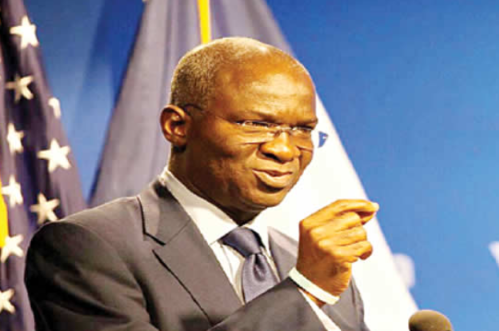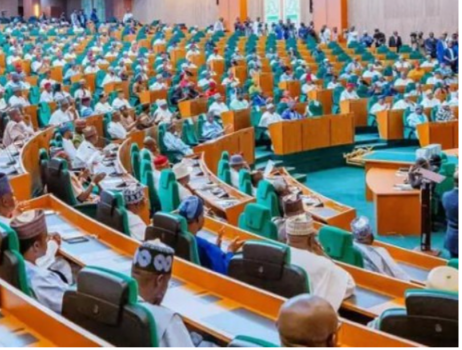A dramatic showdown unfolded in Abuja as the Senate issued a stern warning to suspended Senator Natasha Akpoti‑Uduaghan, urging her to stay away from the National Assembly. The alert followed a recent court ruling that quashed her six‑month suspension, stirring tensions between the legislature and the judiciary.
Natasha, who represents Kogi Central, had her suspension over misconduct overturned by a Federal High Court on July 4, 2025. The court judged the removal excessive and unconstitutional, and ordered her reinstatement. Despite this victory, the Senate insisted the ruling alone isn’t enough—she must also await the formal certified court order before resuming duties.
The warning came via an alleged letter, reportedly dated July 5, which cautioned her legal team that her return could spark unrest in the chamber. Yet the Senate’s lawyer quickly denied any such letter was genuine, labeling it unsigned and misleading.
Natasha had originally pledged to rejoin plenary the following Tuesday, celebrating the court’s reversal and thanking supporters. But the promised appearance did not materialize. Senate officials, citing the absence of a certified copy of the judgment, said the decision remained in limbo.
As she held back, public support swelled. Protesters rallied outside the Assembly, demanding justice and urging compliance with the court’s directive.
Behind the scenes, Senate leaders began reviewing internal regulations. They introduced a bill to define clear disciplinary timelines and penalties—aiming to prevent similar disputes and strengthen procedural transparency.
What unfolded reveals a pivotal moment in Nigeria’s democratic process: a tussle between legal authority and legislative autonomy. Natasha’s return hinges not just on judicial power, but on bureaucratic steps yet to be taken. As both sides prepare for the next move, the balance of institutional power hangs in the balance—that certified court order could hold the key.
















